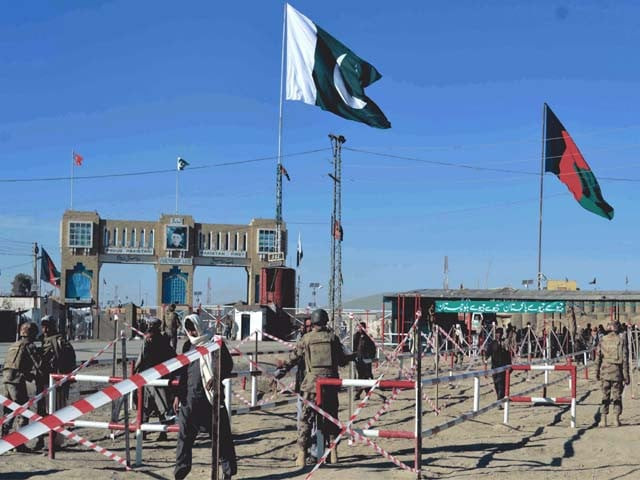Islamabad:
Afghanistan summoned Pakistan ambassador to Kabul on Thursday to deposit an official protest against what it claimed to be Pakistani military strikes in the provinces of Nangarhar and Khost, in a decision indicating renewed tensions.
Afghan officials said that the reported attacks led to the murder of three civilians and injuries to seven other people, a decision strongly sentenced by the Kabul authorities.
In his protest note, the Afghan Foreign Ministry denounced what he called the Pakistan violation of Afghan airspace and the attack on civil zones near the Durand line, describing strikes as “a blatant violation of the territorial integrity of Afghanistan and a provocative act”.
The ministry also stressed that the safeguarding of Afghanistan sovereignty remains a red line for Islamic emirate, warning that “such irresponsible actions will inevitably lead to consequences”.
There was no response from Pakistan when the envoy or the strikes reported on the other side of the border last night.
Afghan Nangarhar officials said two drone strikes hit a man’s house in the Shinwar district in Nangarhar province last night. Nangarhar’s vice-government, Maulvi Azizullah Mustafa, said that Afghanistan was attached to peace and stability, good relations with neighboring countries and a neutral position in international affairs, and these actions will affect regional stability.
Development comes in the middle of the renewed friction between Islamabad and Kabul on cross -border activism. Pakistan has long accused Afghan Taliban of having provided a sanctuary to Pakistan Tehreek-e-Taliban prohibited (TTP), which intensified the attacks within Pakistan after the return of the Taliban in Kabul.
Islamabad has carried out occasional cross -border strikes, insisting that they target militant hiding places across the porous border. However, Kabul systematically protested by these actions, which described them as violations of sovereignty.
The tensions between the two neighbors intensified earlier this year after Pakistan closed key border crossings following a peak of attacks, while Afghanistan retaliated with restrictions on trade and movement.
The last episode highlights the fragile state of bilateral links despite the recent thrusts of both parties to solve their problems.
There have been frequently high -level exchanges between Pakistan and Afghanistan in recent months, but these contacts seem to have managed to progress seriously on the issue of security.
Foreign Minister Ishaq Dar recently went to Kabul to attend a trilateral meeting with Chinese and Afghan Foreign Ministers.
During a bilateral meeting with Amir Khan Muttaqi, Dar transmitted strong reserves from Pakistan on the lack of progress on TTP. He told his Afghan counterpart that the recent increase in terrorist attacks was linked to secure paradise for TTP and other groups.
The Afghan Foreign Minister was supposed to go to Islamabad earlier this month, but the visit was canceled at the last minute after the CSNU was unable to give him travel exemptions on the United States.
The two parties tried to solve the problem and reprogram the visit, but given the last hiccup, it is not certain that Muttaqi will go to Pakistan anytime soon.




